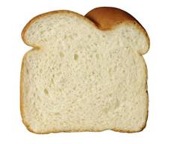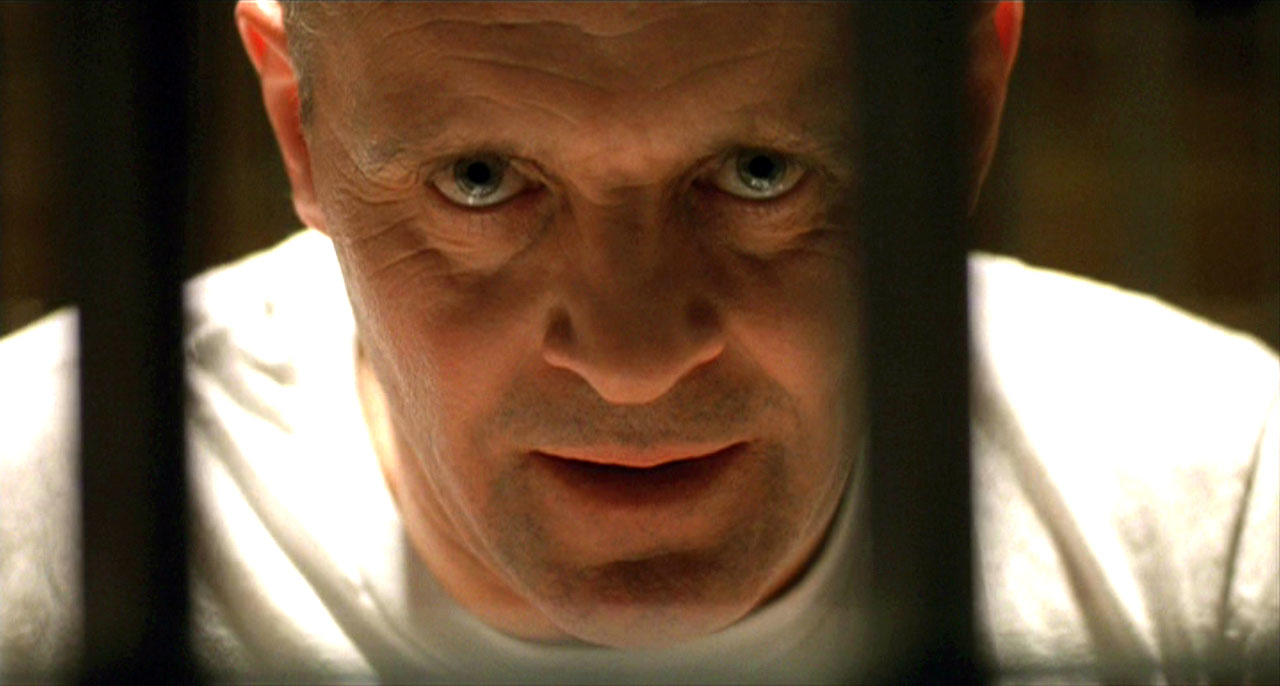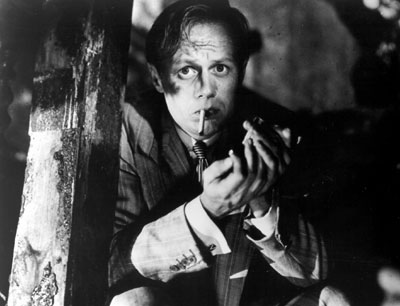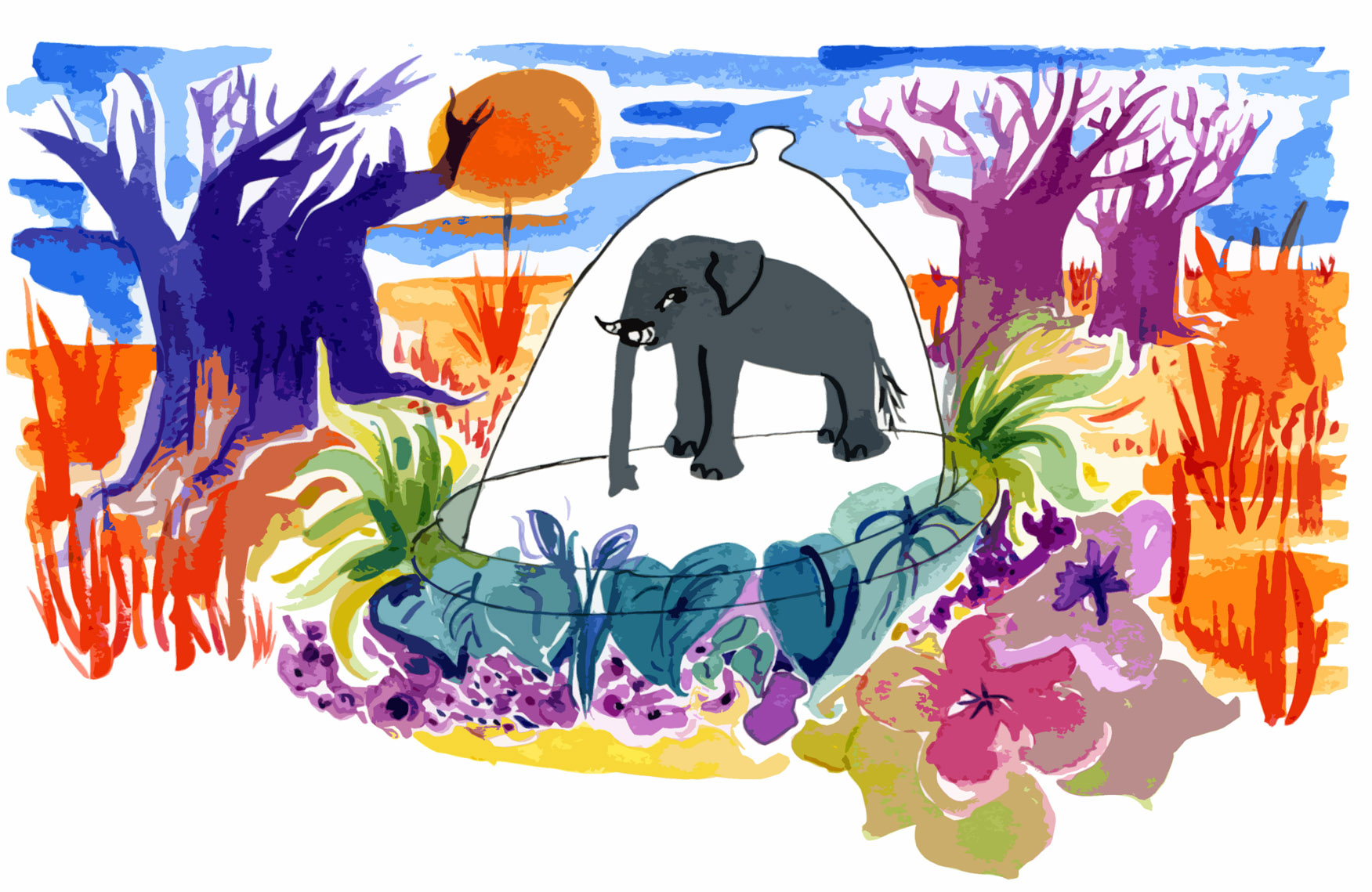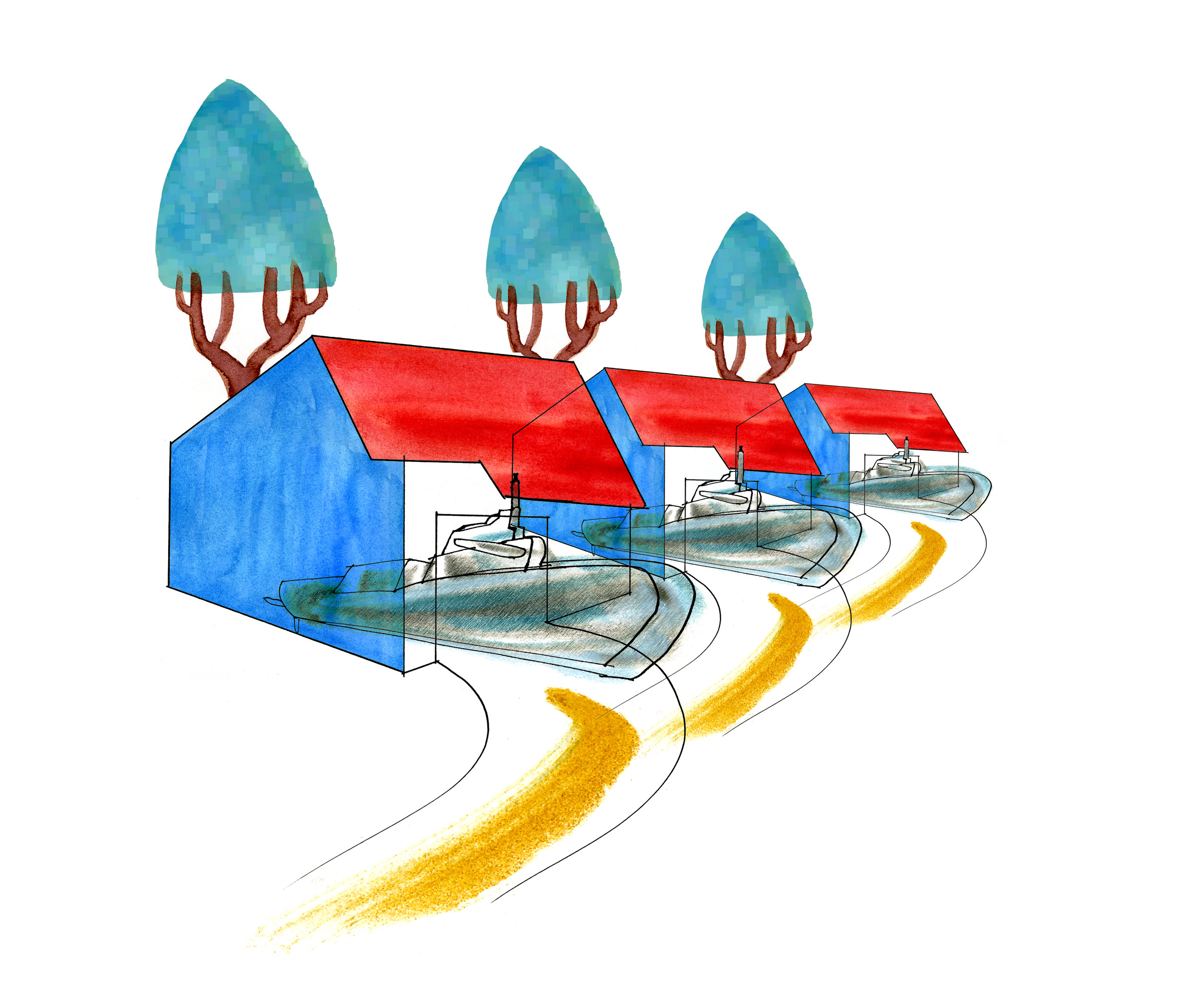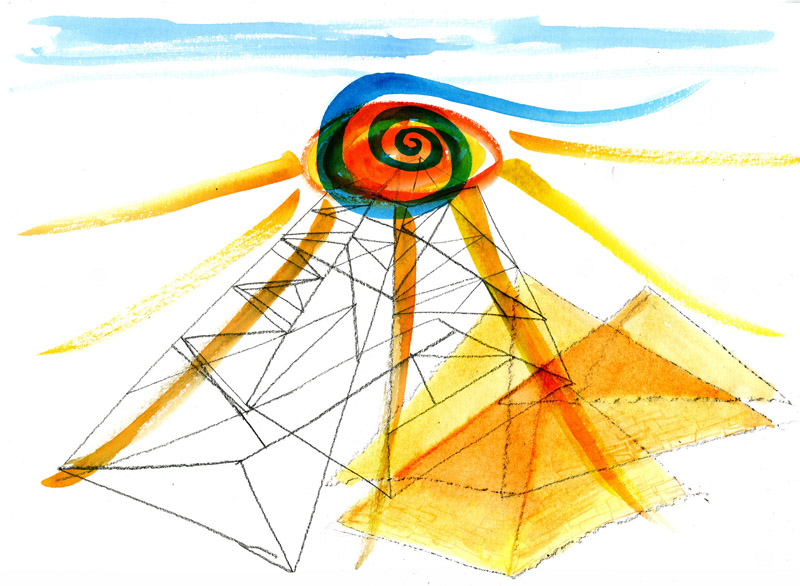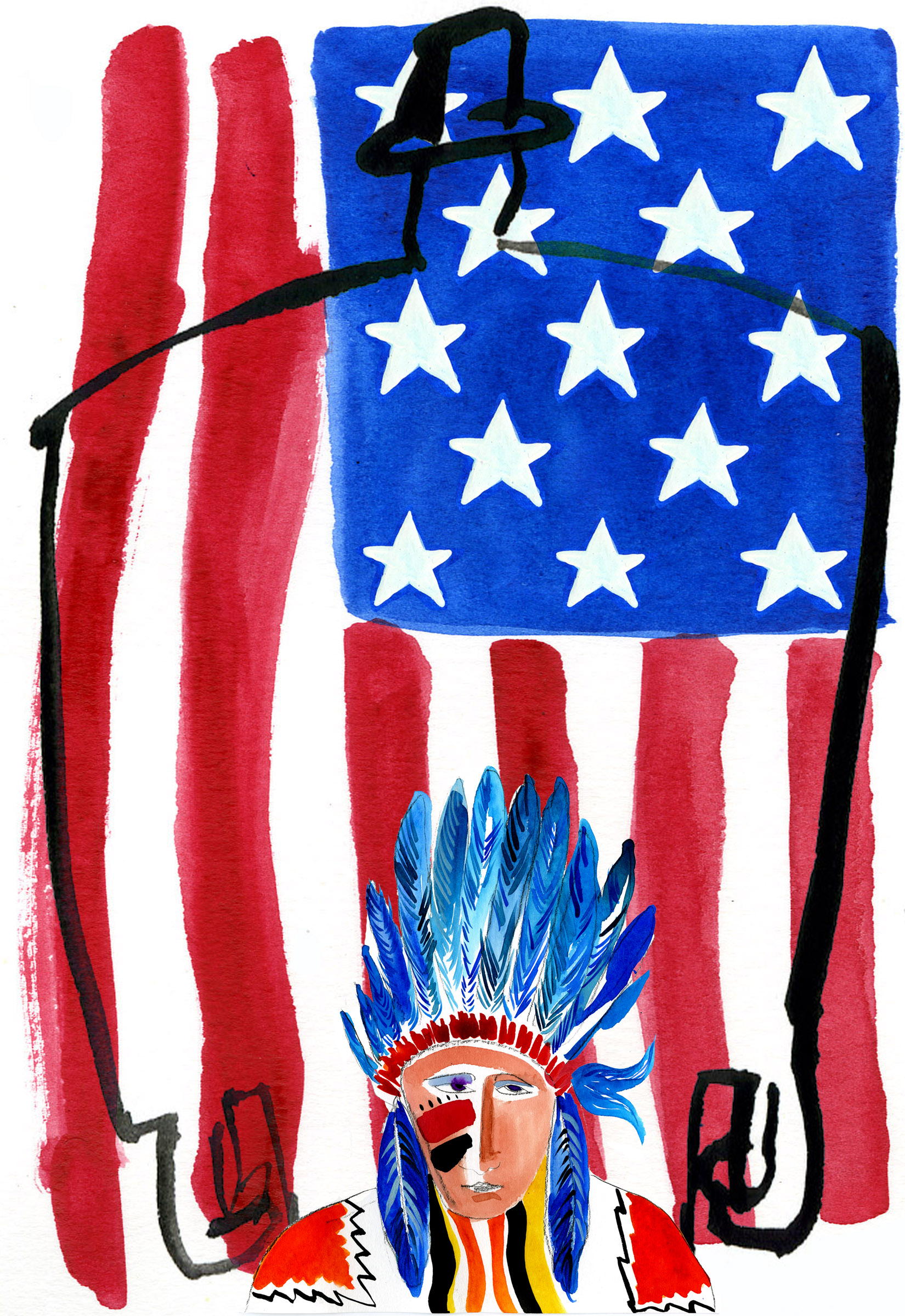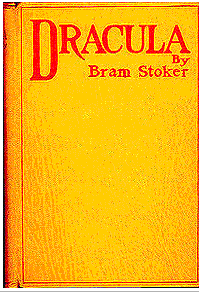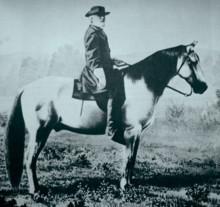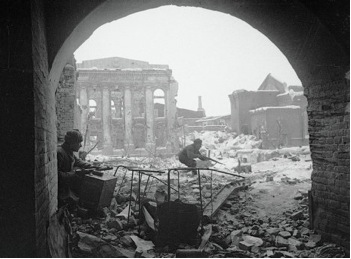Category: Current Edition
While every work of art stands on its own, it is always interesting to tuck it into the particular context in which it was created, both historical and personal. One example I often use
The current generation of food writers has taken this topic and turned it into an entire field of study. Talented writers have discovered a treasure of fascinating people and powerful themes in the products so familiar to
How is an American villain different from a Russian villain, or a West African villain? What is “evil” to us? Why are some villains really powerful characters with deep grips on our imagination, and others
When I recently circulated a list of presentation topics among the cadets in my “Literature and Empire” course, a third of them wanted to present the Detectives and Narratives of Suspicion topic. It is easy to see why:
My students and I were considering a haiku about the wind from Mount Edo when one of my best cadets, Dawsey, asked out loud if the poet who wrote it (Basho) might be laughing at us for trying to read so much into his casual little verse.
The unintended consequences of war—both good and bad—are fascinating to my students. My cadets always engage with lesson plans on the technology that came out of World War II, for example, or the packs of wild dogs in Vietnam which are the descendants of U.S. canine corps from the late 1960’s, or the marine
The relationship between man’s empire and nature is critical, as we are finding out today. Overwhelmingly the relationship is one of sheer exploitation, but
The success of most wars depends in part on several important non-combat factors, and crucial among them is public support. In her fascinating and ambitious 2006 book, From Submarines to Suburbs, Cynthia Henthorn examines both the relationship of
My students always get a kick out of writing like this – provocative, smart, funny, and taking with a big idea. In this case, the idea is really big: that radar was a precursor to GPS in giving us a way to
We all tend to see what we want to see — in ourselves, in our friends, in our culture, and in other cultures. In his dissertation, Jens-Uwe Guettel takes a penetrating look at how Germany viewed

